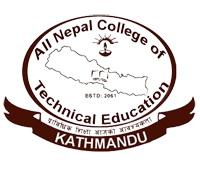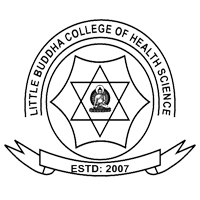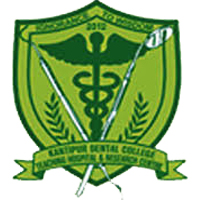Overview
Diploma in Pharmacy (DPH) at Kantipur College of Medical Science (KCMS), Kathmandu
A diploma in Pharmacy at KCMS prepares students for pharmacy dispensing and drug information services in hospital and community settings. Teaching adheres to CTEVT outlines and national guidance from the Department of Drug Administration (DDA) where relevant.
Highlights
-
CTEVT-affiliated Diploma in Pharmacy
-
Typical duration of three academic years as per CTEVT
-
Training in dispensing, inventory control, pharmacology basics, and counseling
-
Exposure to hospital and community pharmacy operations when scheduled
-
Internal checks plus CTEVT examinations
Curriculum Details
Core study areas include pharmaceutics, pharmacology, pharmacognosy, pharmaceutical chemistry, community pharmacy, and pharmacy law and ethics. Practical classes use dispensing labs for prescription handling, dose calculation, labeling, patient counseling scripts, and inventory records. Students learn storage standards, cold-chain awareness where applicable, and documentation that meets inspection needs.
Objectives
-
Prepare students for safe dispensing and medicine-use counseling
-
Build accurate record keeping, stock rotation, and basic inventory control
-
Promote patient safety through clear advice and error prevention steps
-
Encourage collaboration with doctors, nurses, and public health workers
Scope
Graduates serve in hospital pharmacies, community pharmacies, and distribution outlets supervised by licensed pharmacists as per national rules. Duties include dispensing under supervision, stock management, and patient advice within scope.
Learning Outcomes
Students completing DPH at KCMS can:
-
Read prescriptions, verify basic details, and prepare medicines correctly
-
Counsel patients on dosage, timing, storage, and warnings in clear language
-
Maintain purchase and issue records and manage near-expiry stock
-
Follow DDA-related guidelines and keep the pharmacy area inspection ready
Skill Development Modules
-
Prescription screening and counseling practice
-
Pharmacy calculations and labeling standards
-
Inventory logs and audit preparation
-
Pharmacovigilance basics and incident reporting
-
Communication for community outreach on safe medicine use
Teaching Methodology
Faculty run lectures, dispensing simulations, OSCE-style stations, and supervised postings. Internal assessment includes practical checklists, role-play evaluations, and short tests. Final exams follow CTEVT procedures.
Admission Requirements
-
Eligibility: +2 Science or an equivalent background that meets current CTEVT criteria for DPH
-
Documents: Transcripts, character and migration/provisional certificates, citizenship or passport copy
-
Selection: KCMS may use a written test and interview. Final admission follows CTEVT guidance and seat allocation.
Career Opportunities
Graduates work as pharmacy technicians in hospitals and community outlets and in distribution houses under qualified supervision. Further study options exist in pharmacy and related fields based on interest and regulations.
Scholarships and Financial Aid
KCMS may publish scholarship or fee-support notices each intake. Students should follow official announcements for dates and requirements.
Why Choose This Course?
Students who prefer practical work, careful record keeping, and direct patient interaction find purpose here. Kathmandu placement supports exposure to both hospital and community settings during scheduled visits.
Conclusion
The Diploma in Pharmacy at KCMS develops safe dispensing habits, sound record keeping, and patient counseling skills under CTEVT. Students gain a steady route into pharmacy services and clear options for future study.























